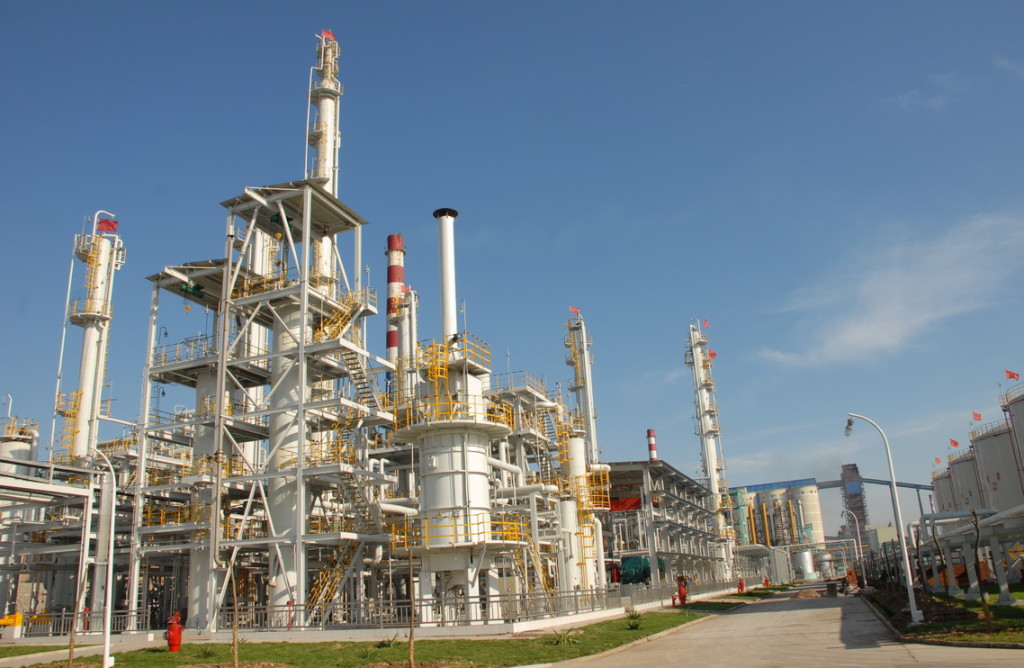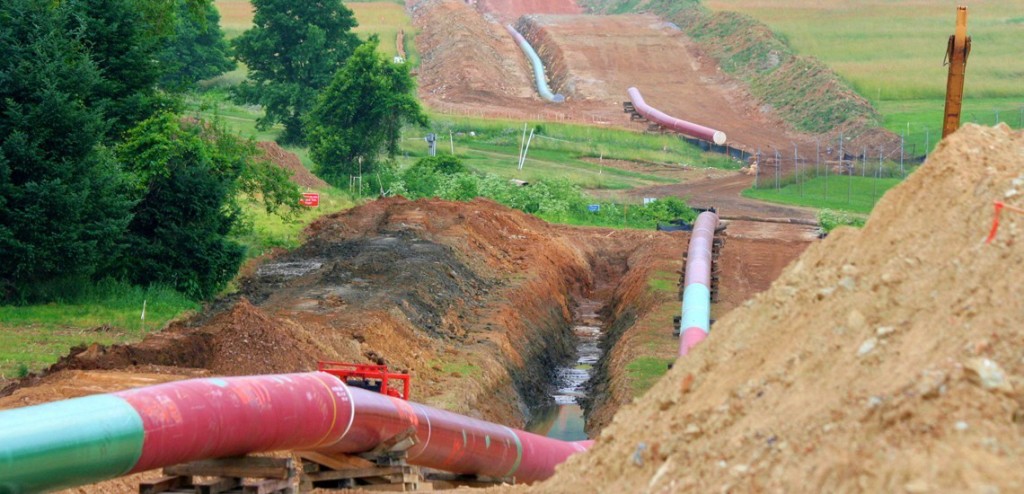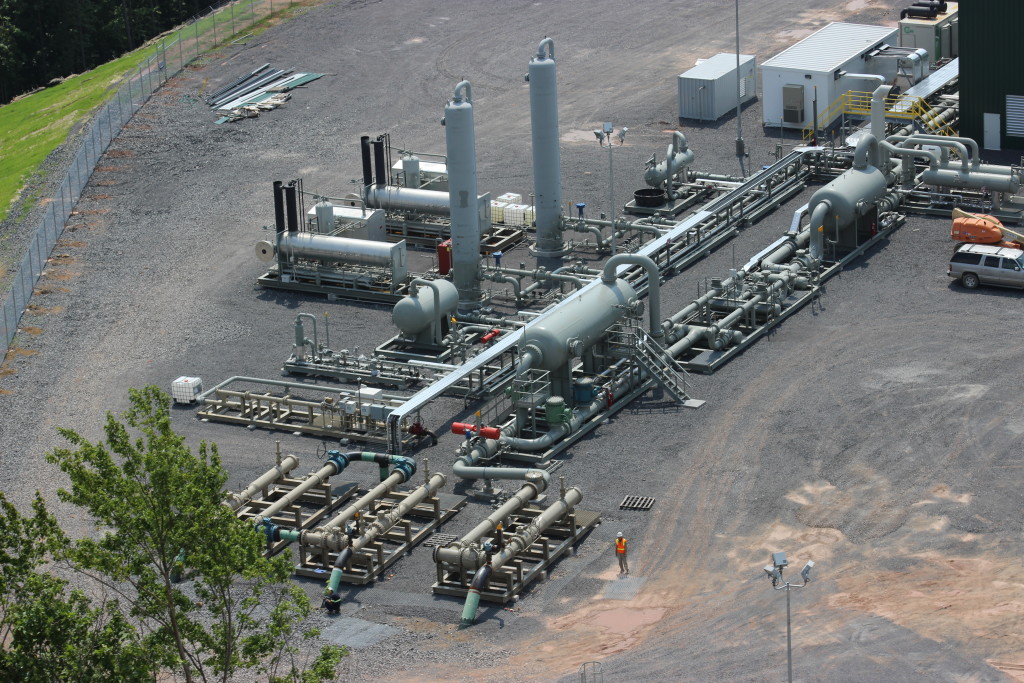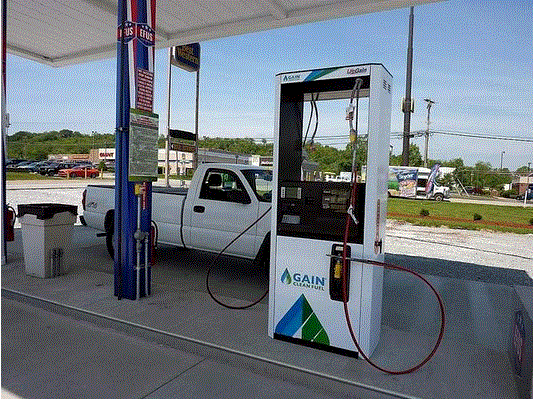 It appears that an oil and gas company is trying to push landowners around a bit, again. The Mountain Valley Pipeline (MVP) sent workers out to survey the proposed route of the pipeline, but some landowners have turned the surveyors away. Those landowners have gotten letters from MVP threatening legal action if they didn’t allow the surveyors onto their property. Some of those landowners have checked with attorneys (not this one) and decided that MVP doesn’t have any basis for legal action.
It appears that an oil and gas company is trying to push landowners around a bit, again. The Mountain Valley Pipeline (MVP) sent workers out to survey the proposed route of the pipeline, but some landowners have turned the surveyors away. Those landowners have gotten letters from MVP threatening legal action if they didn’t allow the surveyors onto their property. Some of those landowners have checked with attorneys (not this one) and decided that MVP doesn’t have any basis for legal action.
The MVP cited West Virginia’s eminent domain statutes, which are located at 54-1-1 et. seq. of the West Virginia code. The trouble is, the company seems to have misrepresented the law in its letter to landowners.
While there is apparently a lot of grey area in West Virginia’s code, and I haven’t seen a copy of the letters that were sent out, it’s still upsetting that an oil and gas company can feel like it can get away with these kinds of tactics. This is the kind of thing that gives lawyers a bad name. Sure, you’re supposed to represent your client zealously. But you’re not supposed to bully, harass, and take advantage of people either.
There is a better way. It costs more initially, but saves money in the long run. Hire a landman who knows how to work with people. Pay people a little money. Ask them where they think a pipeline would best be run on their property. Go around tracts if you need to. It’s hard work, but it’s worth it.
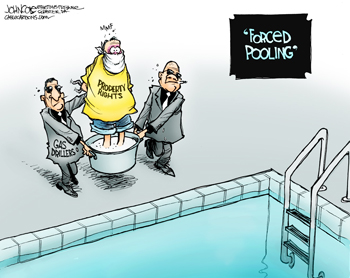


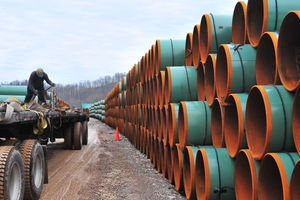 The Stonewall Gas Gathering Pipeline has been in the works for a while, and if you drive around certain parts of West Virginia you’ll see stacks of big green pipe sitting just off the highway. For some time, trucks have been bringing pipes in. Just today I saw trucks taking pipes away. I’m assuming that means that they are starting to lay pipe in the ground.
The Stonewall Gas Gathering Pipeline has been in the works for a while, and if you drive around certain parts of West Virginia you’ll see stacks of big green pipe sitting just off the highway. For some time, trucks have been bringing pipes in. Just today I saw trucks taking pipes away. I’m assuming that means that they are starting to lay pipe in the ground.